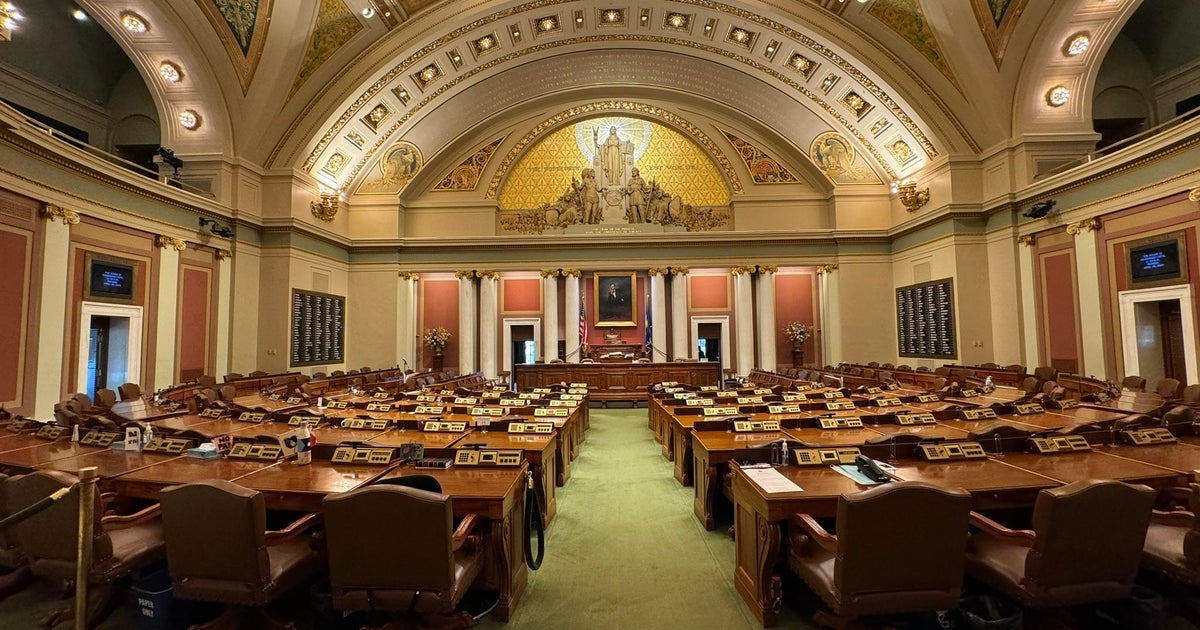Bill endorsed by Minnesota's cannabis office would authorize temporary licenses to ensure legal market launch
ST. PAUL, Minn. — Minnesota's new Office of Cannabis Management is backing a billthat would allow some businesses to get a "head start" in the industry by applying for temporary licenses issued as earlier as July.
Interim director of the office Charlene Briner said the proposal is to ensure successful implementation as the rulemaking process continues. Only people who meet the criteria for a "social equity" applicant would qualify and there would be a finite number of temporary licenses available. If applications exceed that amount, there would be a lottery.
Briner stressed securing one of these early licenses does not mean business operations will start any sooner—cultivators can't suddenly start putting seeds in the ground and retail dispensaries won't be able to open their doors yet. But it would allow business owners to buy property, secure financial capital, hire staff and put together safety plans, which will position them well for the target market launch of next year.
"We want to create an early mover advantage in support of successfully standing up the cannabis industry," she said. "We believe in the social equity opportunities that the law creates. We also want to give people a chance to actually start doing some of the pre-work that is involved in standing up a very complicated business."
If businesses with temporary licenses are in good standing, those would convert into official licenses once the state opens up the general applications to become a state-approved grower, manufacturer or retailer, following completion of rulemaking.
During a news conference on Thursday, Briner also tempered expectations of retail dispensaries opening by early 2025, as the Office of Cannabis Management had previously estimated and many people had hoped.
"We hope to have licenses available applications for licenses available in early 2025. But that process of standing up businesses may take a few months or it may take longer," she said.
Strengthening the social equity provisions is a key goal for the office, she added, which is why regulators also want to lower hurdles to getting a license. Current law requires signing a lease or getting a mortgage for a property before even applying –- a financial risk. This proposal would eliminate that criteria.
The proposal would also eliminate three of the medical cannabis-specific licenses available under current law. Anyone who wants to grow, manufacture or sell cannabis products for adult use or as part of the same program would fall under the same licensing categories.
She said consolidating the cannabis supply chain in this way will lower costs for consumers and streamline the process.
"The reality is cannabis is cannabis when you grow it. It is not until you get to the point of processing and manufacture that it really becomes the distinct medical or adult use products that people may be familiar with," she explained.




